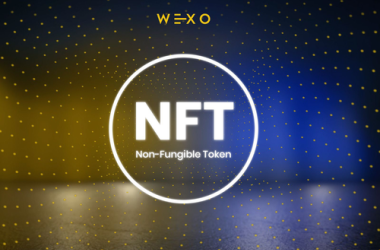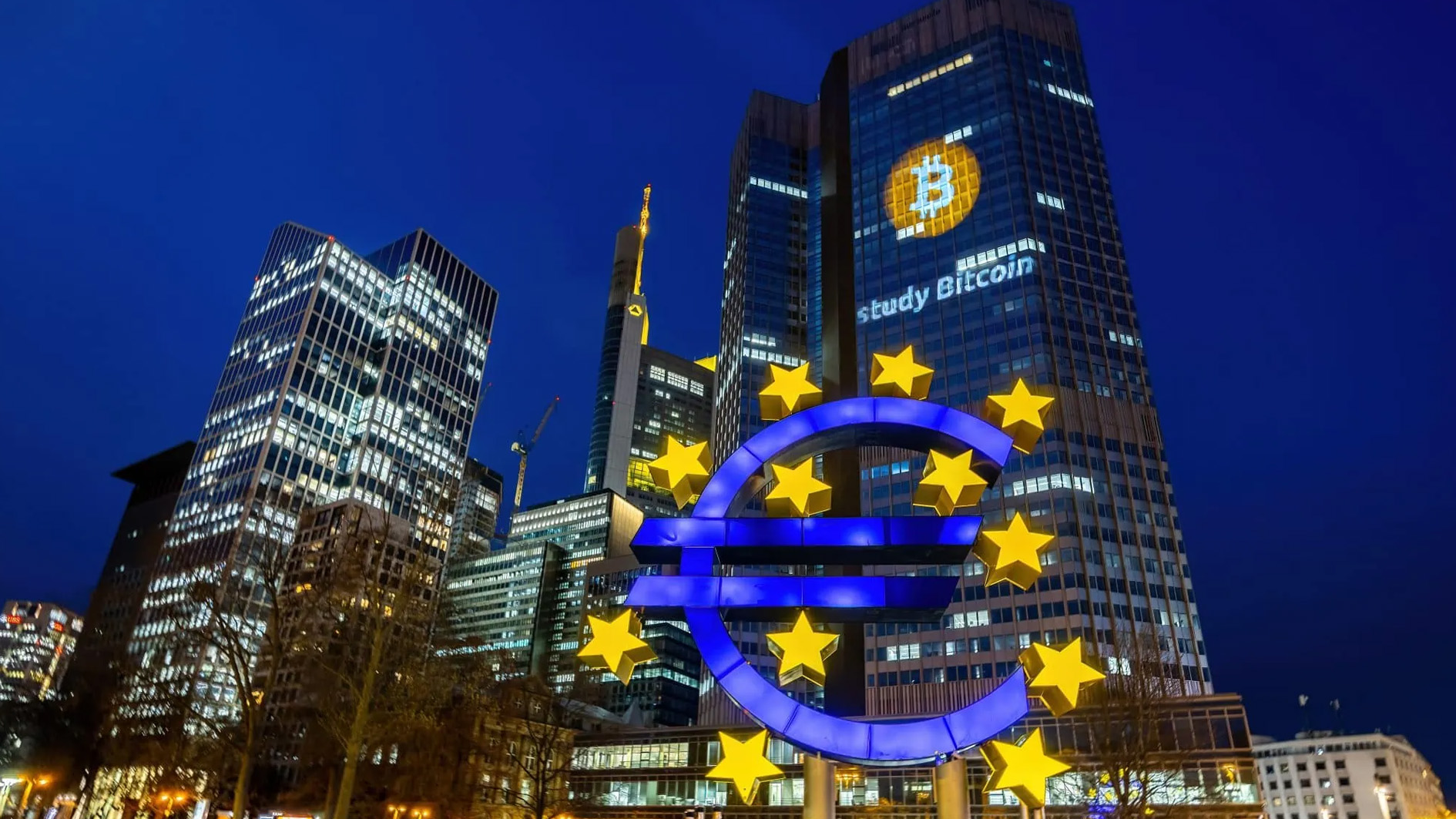
TOP posty

WEXO presented a new app at cryptocurrency conference in the he...
At a conference aimed at experts, cryptocurrency fans, and the general public interested in crypto-assets, represen...
Czytaj więcej
Satoshi Nakamoto: The Mysterious Father of Bitcoin
To this day, the world does not know the identity of the bitcoin creator. Who is really behind the revolutionary bl...
Czytaj więcej
NFT - The most exciting innovation in crypto
Non-fungible tokens (NFTs) are enjoying an unprecedented boom in 2021. What are NFTs and why are some worth million...
Czytaj więcejDubai has announced an ambitious plan to build its first Bitcoin Tower. According to information from real estate developer Salvatore Leggiero, this tower will represent a connection between the world of cryptocurrencies and the real estate sector. This interesting project officially started at an exclusive event where Leggiero and designer Simone Micheli presented their collaboration on creating the physical building of the Bitcoin Tower. The uniqueness of the project also lies in the fact that the tower will have its virtual version in the metaverse. This step indicates Dubai's desire to become a significant global innovation center for the digital economy and attract more interest in the cryptocurrency industry.
Leggiero emphasizes that this project wants to be completely open and participatory. He also considers creating a decentralized autonomous organization (DAO) to engage the community and gain diverse opinions and contributions from interested parties. This, in the spirit of Satoshi Nakamoto, is consistent with the principle of decentralization and community involvement in decision-making processes. The Dubai Bitcoin Tower could not only contribute to creating an exceptional architectural icon but also strengthen the United Arab Emirates' position in the field of cryptocurrencies.
This project is in line with Hong Kong's efforts to attract crypto companies and shows that Dubai wants to be at the forefront of innovation and development of the cryptocurrency industry. The Bitcoin Tower may also attract more investors and entrepreneurs to the region, potentially strengthening its position as a crypto hub with a rich crypto ecosystem. The creation of this tower is just the beginning - Leggiero dreams of building more towers within his network. We will eagerly watch how this unique project continues to develop and what impact it will have on the entire cryptocurrency industry.
Beijing releases whitepaper for Web3 innovation and development

The Beijing city government has introduced a whitepaper to support the innovation and development of the Web3 industry. The "Whitepaper on Web3 Innovation and Development" presented at the Zhongguancun Forum by the Beijing City Administrative Commission for Science and Technology emphasizes Web3 technology as an "inevitable trend for the future development of the internet industry." With the aim of establishing Beijing as a significant international center for the digital economy, the commission plans to allocate at least 100 million yuan ($14 million) annually until 2025. The whitepaper also emphasizes Beijing's intention to provide policy support and accelerate technological development to support the growth of the Web3 industry.
According to reports, the whitepaper will be released concurrently with new digital asset regulations in Hong Kong, raising increased interest in China's stance on cryptocurrencies. While the United States is currently cracking down hard on cryptocurrencies, Hong Kong's effort to attract crypto companies contrasts with the U.S. approach. China banned the use of cryptocurrencies in 2021, but by issuing a whitepaper on Web3, it suggests that it is opening doors to the industry.
A segment on cryptocurrencies, prominently featuring the Bitcoin logo and a Bitcoin ATM in Hong Kong, was recently aired on state television China Central Television. The significance of this news report was also mentioned by Binance CEO Changpeng Zhao, as it has in the past correlated with a market surge. The segment also highlighted NFTs, but it was later removed.
Bitcoin logo on ECB building, Germany enters recession

The projection of the Bitcoin logo on the building of the European Central Bank in Frankfurt made its presence known. Interestingly, this happened just before the country officially entered a recession.
According to the German Statistical Office, in the first quarter of 2023, the German economy experienced a decline, officially entering a recession. A recession is commonly defined as a decrease in gross domestic product (GDP) in two consecutive quarters. In the German case, the country's GDP fell by 0.3% for the quarter, following a 0.5% decline in the last quarter of the previous year.
The paradox of this negative economic trend in Germany and the presence of the Bitcoin logo on the ECB building is apparent. While the German economy is losing strength, Bitcoin is increasingly making its mark on the financial map. This suggests a possible link between the rise of cryptocurrencies and their increasing influence on the world economy.
